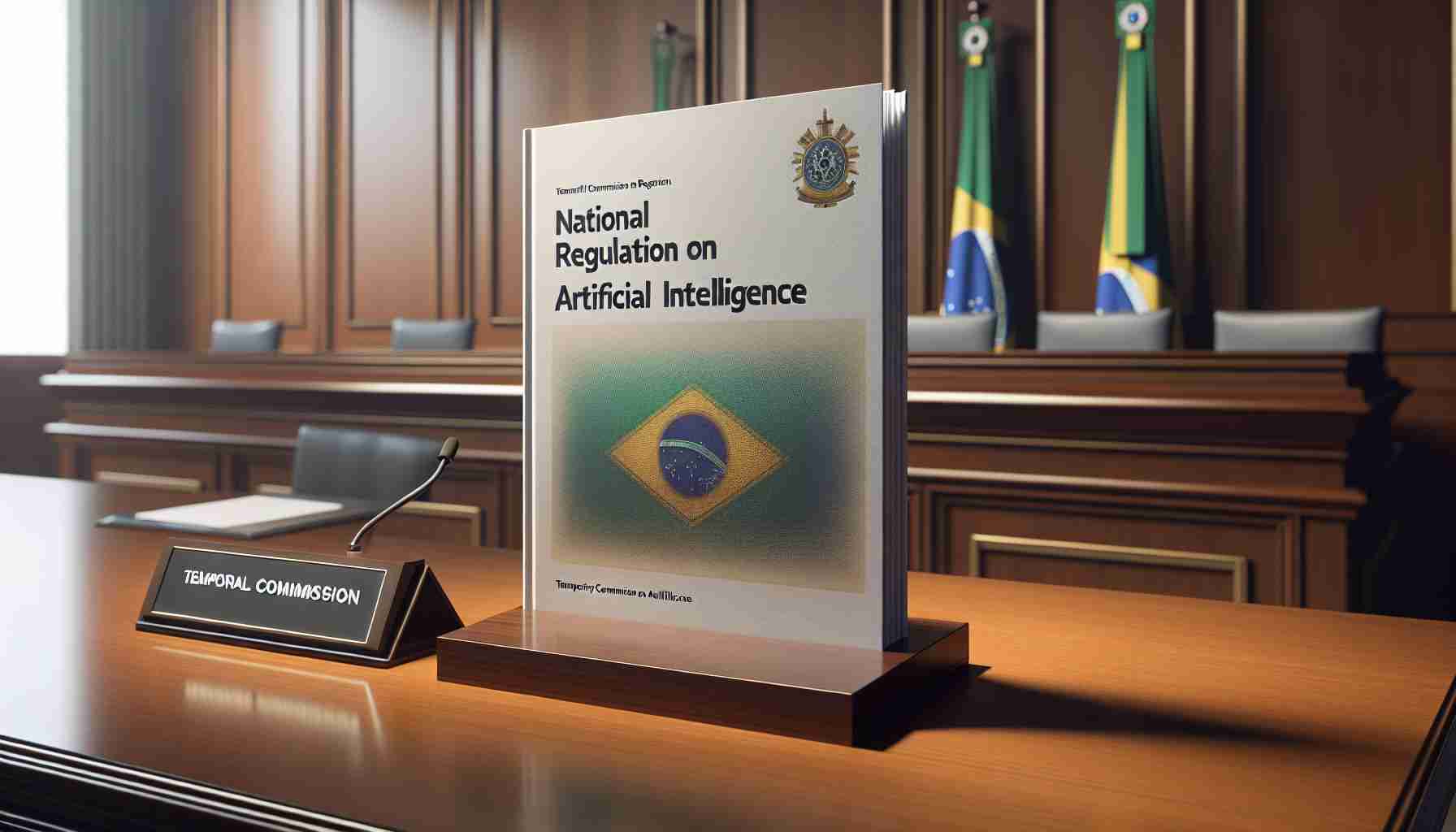The Brazilian Senate takes a decisive step towards shaping the future of Artificial Intelligence (AI) within the country. Recently, the Temporary Commission on Artificial Intelligence received a ground-breaking preliminary report from Senator Eduardo Gomes. This pivotal document offers a comprehensive analysis of several legislative proposals and suggests the creation of a nationwide framework for AI regulation and governance.
This development reflects Brazil’s commitment to addressing the challenges and harnessing the opportunities presented by the rapid advancement of AI technology. The proposed national system aims to steer AI development in an ethical, transparent, and socially responsible direction, ensuring that the technology works for the benefit of all sectors of society.
The senator’s analysis opines that a balanced approach to AI regulation is essential to promote innovation while protecting citizen’s rights and avoiding potential misuse of technology. Brazil’s proactive measures to establish guidelines and ethical standards for AI use place it at the vanguard of global efforts to integrate AI into various aspects of daily life, economy, and governance, responsibly and effectively.
The commission’s work is ongoing, and further discussions will ensue to refine the report before it materializes into concrete legislation. Through collaborative efforts with stakeholders and the careful consideration of various perspectives, Brazil is poised to foster an AI ecosystem that aligns with its national interests and values.
Key Questions and Answers concerning Brazil’s AI Regulatory Efforts:
Q: Why is AI regulation important for Brazil?
A: AI regulation is crucial for Brazil to ensure that the deployment of AI technologies adheres to ethical standards, is transparent, and benefits all sectors of society. It will also help to avoid unethical uses of AI and protect citizens’ rights.
Q: What are the key challenges associated with AI regulation that Brazil might face?
A: The challenges include balancing innovation with privacy and ethical considerations, developing technical expertise to enforce regulations, and ensuring that regulations keep pace with the rapidly evolving nature of AI technology.
Q: What controversies might arise from these regulatory efforts?
A: Potential controversies could include debates over the extent of government oversight, tensions between AI innovation and employment concerns, as well as the potential for AI to exacerbate inequalities if not properly managed.
Key Advantages and Disadvantages of AI Regulation in Brazil:
Advantages:
– Ensures AI is developed and used ethically.
– Protects citizen’s privacy and personal data.
– Encourages responsible innovation.
– May prevent or mitigate harm that can result from AI misuse.
Disadvantages:
– Excessive regulation could stifle innovation.
– It might be difficult to enforce regulation, especially given AI’s fast pace of development.
– There’s a potential for regulatory frameworks to become outdated quickly.
– Balancing diverse interests from different sectors can be complex.
Potential Related Links:
– Information on Brazil’s general approach to science and technology: Brazilian Government’s Website
– Broad initiatives by Brazil to modernize governance and technology policies: Brasil.gov.br (Depending on the current state of government websites, this URL format may vary.)
Please note that direct links to specific governmental departments or initiatives that are relevant to Brazil’s AI policy might not be provided, and readers are advised to visit the main government websites for the most accurate and up-to-date information.

